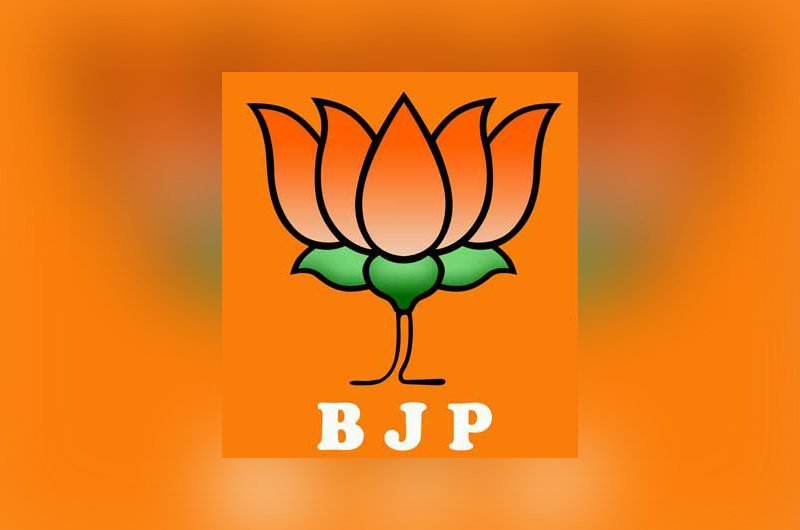BJP Foundation Day: On 6th April 2022, the BJP (Bharatiya Janata Party) is celebrating its 42nd Foundation Day, and on this occasion, Prime Minister addressed the party Karyakartas. BJP National President JP Nadda also extended greetings to the Karyakartas and hoisted the flag at national headquarters, New Delhi.
The BJP is the largest political party in the country. In its present form, it was formed on 6th April 1980. Several events have been planned for the BJP Foundation Day and the celebration will continue throughout the week that will end with the commemoration of Ambedkar Jayanti on the 14th of April.
Bharatiya Janata Party (BJP): History, and Developments
The roots of the BJP can be traced back to the Bharatiya Jana Sangh, which was established in the year 1951 as the political wing of the RSS (Rashtriya Swayamsevak Sangh) by Syama Prasad Mukherjee.
Bharatiya Jana Sang was formed on 21st October 1951 in Raghomal Girls’ High School, Delhi, with Dr. Syama Prasad Mukherjee as its first President.
In the general elections 1951-52 of the Parliament of India, the Bharatiya Jana Sangh has won 3 seats.
The BJS (Bharatiya Jana Sangh) gained a substantial foothold in the Northern region of India in 1967. After ten years, the party was led by Atal Bihari Vajpayee, who made an alliance with three other political parties to establish the Janata Party and took over the reins of the government. In July 1979, the government collapsed and BJP was established in 1980. Subsequently, the BJS reorganized itself as the Bharatiya Janata Party under the leadership of Vajpayee, Lal Krishna Advani, and Murali Manohar Joshi.
The BJP captured 117 seats in the Lok Sabha in the 1991 elections. In the 1996 elections, the BJP emerged as the largest single party in the Lok Sabha. However, this tenure was short-spanned. In 1998, the BJP and its allies were able to form a majority government and Vajpayee became the PM of India. In the same year, Vajpayee has ordered the nuclear test and drew international condemnation. After 13 months in office, one of its partners All India Dravidian Progressive Federation withdrew its support. As a result, AB Vajpayee had to seek a vote of confidence in the Lok Sabha, and he lost it with a margin of one vote.
1999 parliamentary elections were contested by the NJP as the organizer of the NDA (National Democratic Alliance), which is a coalition of around 20 national and regional parties. The alliance gained a majority and Vajpayee was again elected as the Prime Minister. In the 2004 parliamentary elections, the NDA lost its majority to Congress’s UPA (United Progressive Alliance). Again in the 2009 parliamentary elections, the UPA coalition prevailed.
In the 2014 general elections, the BJP won 282 seats under Narendra Modi’s leadership and NDA won a tally of 336 seats in the 543-seat Lok Sabha.


